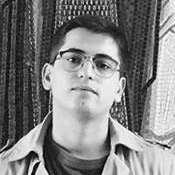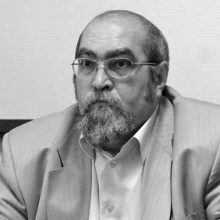[EN] 24–25 января в Университете Эдинбурга пройдет семинар «Русский язык в мире: изучение новых исследовательских перспектив»
Регистрация открыта до 1 января.
 1 462
1 462 
© flickr.com/photos/hryckowian
Workshop
Global Russian: Exploring New Research Perspectives
24 — 25 January 2013
The objective of the workshop is to contextualise the Russian language within the new and rapidly developing field of sociolinguistics of globalisation and collectively to provide a critical reflection on the theoretical challenges posed by Russian as a global language.
Discussion will include but not be limited to the following questions and themes:
• To what extent may the existing postcolonial/globalisation paradigms be used to critique global Russian?
• The Russian language as a disintegrative and an integrative factor in societies and communities outside Russia.
• Global trends as facilitators for the use of Russian.
• New networks and domains of use for global Russian.
• Russia’s claim to ownership of global Russian.
• Pluricentricity of Russian.
• The Russophone Internet across the world.
• New cultural and social indexicalities emerging in the contexts of global Russian.
• The historical aspects of global Russian.
The format of the workshop will include 20-minute papers given by the participants and a brainstorming session on the theoretical issues and research perspectives of Global Russian.
Expected participants:
Vladimir Alpatov, Institute of Linguistics, Russian Academy of Sciences
Ammon Chensky, Glasgow University
Matthew Ciscel, Central Connecticut State University
Polina Kliuchnikova , Durham University
Ekaterina Protassova, Helsinki University
Lara Ryazanova-Clarke, University of Edinburgh
Vlad Strukov, Leeds University
Robert Saunders, SUNY Farmingdale State College
Aldona Judina, University of Edinburgh
Dirk Uffelmann, Passau University
Vera Zvereva, RGGU, Moscow
Please register by 1 January 2013.
This workshop is being co-organised with the Centre for Russian, Centre and East European Studies which is a language based area studies centre of excellence funded by the Arts and Humanities Research (AHRC) and the British Academy




Комментарии